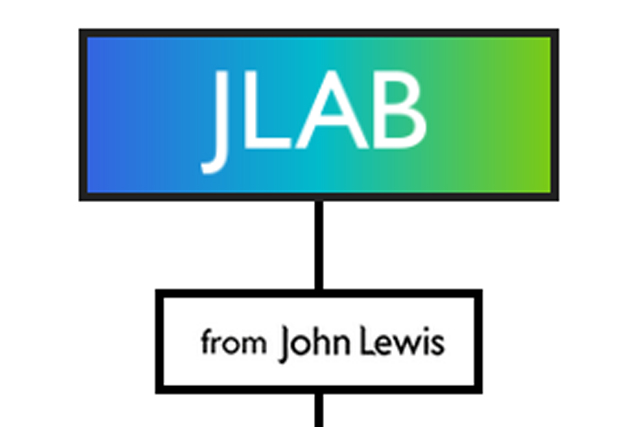March 2014 saw the emergence of an interesting new trend. At the beginning of the month John Lewis announced the launch of JLABS – a technology incubator that will reward the winning start-up with a £100,000 investment in return for an equity stake.
Just two weeks later we hear that Unilever is investing in seven digital start-ups as part of its GO Global technology incubator programme. When brands of this calibre start entering such unchartered territory, it’s a development worth examining in finer detail.
Back in 1998, Dixons Group plc created the Freeserve ISP business. By 1999 Freeserve had been floated on the London Stock Exchange with a valuation of over £1bn. Ironically, this sum exceeded the value of the parent company that had created it just a year earlier. But it’s rare to find such examples of a large business producing a new product or service that is so innovative it allows the company to make a quantum leap into an entirely new sector. This is because true innovation is very difficult, especially if you are primarily focused on protecting your existing business interests.
There are very few genuinely new and innovative ideas out there. There are even fewer businesses out there that have the ability and confidence to execute on an innovative idea, turning it into a tangible new product, service or business model.
Digital world
John Lewis may be an innovator in retail, and Unilever may be an innovator in consumer products. But they are not innovators in software technology. And now they find themselves competing in a digital world where the business of marketing and selling products is increasingly about building the best software technologies. If you agree with Marc Andreessen’s view of the world, the retail industry in particular will eventually be predominately about software technology.
John Lewis may be an innovator in retail, and Unilever may be an innovator in consumer products. But they are not innovators in software technology.
So how do businesses that have experienced a hundred years of success by innovating in retail or consumer products suddenly address the challenges of a digital economy by becoming innovators in software technologies? This is the billion-dollar question that business leaders need to grapple with as they are forced into "digital transformation".
All types of companies increasingly need to invest in "competitive advantage software technologies". These are proprietary software platforms that give companies a direct competitive edge and can take all sorts of forms such as a better online experience and user interface, a better segmentation and targeting system, or a better (and more profitable) pricing engine.
Conventional wisdom in the IT industry is that you should "never reinvent the wheel" and always "buy rather than build" your software. But if companies use off-the-shelf software platforms that are the same as their competitors’, where is the competitive advantage? Suddenly it seems smart to become an inventor yourself.
Corporate culture
Unfortunately, the relatively corporate culture of longstanding companies like John Lewis and Unilever does not encourage innovation. Employees are generally focussed on doing their day-to-day job rather than trying to change the world. This makes it hard for corporate cultures to attract (or foster) the most creative minds or biggest risk-takers. What’s more, this environment tends to see the world from the perspective of how it currently does business, rather than from the perspective of what the world needs next, making it susceptible to missing out on the next big thing, even if it is right there in front of them.
Of course, corporations cannot simply "outsource" innovation – if a business is not being innovative enough, this should be tackled head on and technology incubators may or may not prove to be the right tactic. Time will tell whether these incubator initiatives have allowed John Lewis or Unilever to scale new heights in digital innovation, or if they are just a complicated and expensive way of achieving small improvements that could have been more easily achieved through in-house investment.
Either way, the initiatives are a statement of intent from John Lewis and Unilever that they plan to innovate in digital marketing and digital product development. And all credit to them. This is how they will stay relevant and compete in the 21st century. So even if technology incubation proves to be a false start, it’s a step in the right direction and shows that longstanding brands are beginning to understand the pressure to become technology innovators before the upstarts from Silicon Valley challenge their entire business models.


